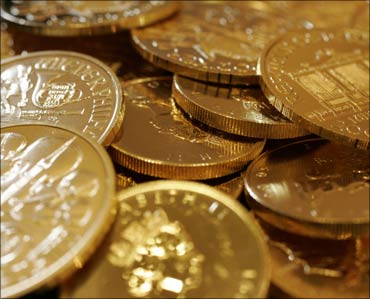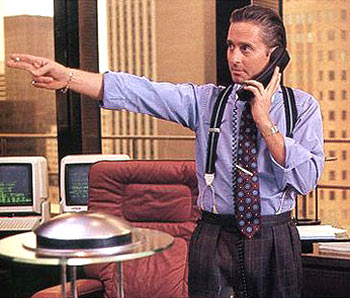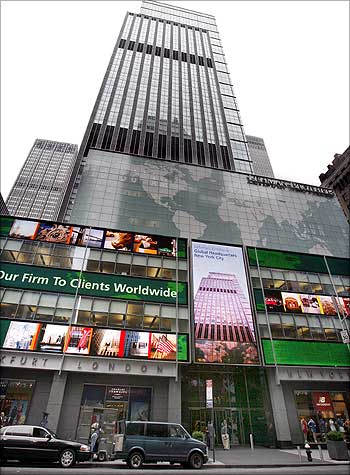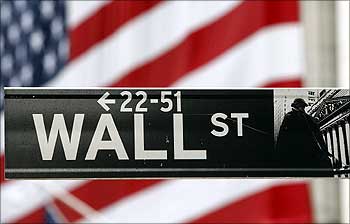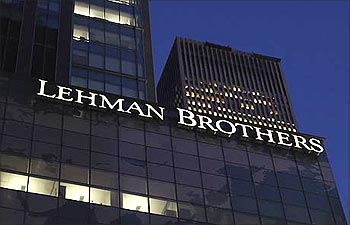 | « Back to article | Print this article |
From 'greed is good' to finance for global good
Gordon Gekko, who appeared as the ruthless corporate raider in the earlier Wall Street movie of 1987, is best remembered for the line: "Greed is good."
At the close of that film Gekko went to prison for insider trading and assorted other crimes.
The recently released sequel Wall Street: Money Never Sleeps shows a post-prison Gekko cheating his own daughter in order to access the $100 million he had secretly stashed away in a Swiss bank account.
And yet, Gekko is not the arch-villain of this film. That honour belongs to others who are manipulating the world of finance in far more dangerous ways than the crimes that sent Gekko to jail.
The sequel closes on Gekko enjoying the first birthday party of his grandchild. It is extremely unlikely that Oliver Stone, the film's director, intends us to sit through his stark critique of the world of finance only to be told that what really matters is a happy family life.
Instead, that happy-family scene can leave the audience with dark feelings of defeat and helplessness.
Click NEXT to read on . . .
From 'greed is good' to finance for global good
It seems to say that the crisis of global finance is so deep, so complex that it defies a solution. So why worry while we wait for the next meltdown! Let us instead focus on the simple joys of everyday life.
If this seems like an exaggeration or over-dramatisation by Hollywood, consider the following:
On October 9, the legendary hedge fund manager, George Soros, warned that there is grave risk of a global 'currency war' between China and the rest of the world.
This could potentially bring down the global currency system -- which would mean a global economic meltdown.
On October 5, Jos Vials, director of the Monetary and Capital Markets Department at the International Monetary Fund, said that the financial system remains 'the Achilles' heel of the economic recovery'.
On October 4, Reuters reported that the world's wealthiest people are so worried about the instability of the financial system that they are buying gold -- in some cases by the ton.
Click NEXT to read on . . .
From 'greed is good' to finance for global good
The same report also quoted investors who said that their gold-buying spree is not anxiety driven. Instead they are just maintaining a diverse asset portfolio.
Nevertheless, signals of deep anxiety about the inherent flaws in the global financial system can be regularly picked up on many frequencies.
One way to avoid feeling helplessness is to look more closely at those who are trying to work on solutions.
For instance, a group of global investors, asset managers, business executives, philanthropists, academics and general market participants recently focussed their attention on a very basic question: What is the purpose of finance in human societies?
Gathered under the umbrella of The Committee on Transforming Finance, this multinational network is committed to reform from within.
The co-convenors of this group are: Hazel Henderson, founder of Ethical Markets Media (the United States and Brazil) and a member of the Club of Rome; John Fullerton, founder of the Capital Institute and former managing director of J P Morgan; Prof Leo Burke, Mendoza School of Business, University of Notre Dame; and Steve Waddell, of NetworkingAction.
Click NEXT to read on . . .
From 'greed is good' to finance for global good
The Transforming Finance group defines itself as 'beneficiaries and active participants in global capital markets'. From this vantage point it is examining the limits of markets and money-based trading.
How, for example, can finance be a tool for finding equitable, ecologically-sustainable answers for problems like climate change and dwindling biodiversity? And how can this be done while also reducing inequality, respecting human rights and acknowledging non-market-based, traditional societies?
This may seem like a tall order. But the signatories of the group's Transforming Finance Statement, released in mid-September, are convinced that these aspirations can be fulfilled if we treat the global financial system as a 'commons'.
Idea of financial commons is traced back to the post World War II meeting at Bretton Woods, which led to the creation of the World Bank and the International Monetary Fund.
Clearly this global commons is now desperately in need of new rules since the old rules have caused: 'Unbridled, greed-driven speculation . . . damaged trust and thereby damaged the financial system commons.'
Click NEXT to read on . . .
From 'greed is good' to finance for global good
The Transforming Finance initiative seeks to address these problems by including all stakeholders in a process of democratising finance through a deep re-structuring of its mechanisms. It makes four key proposals for rebuilding trust in the Global Financial Commons:
- Stabilising the value of national currencies and establishing a reliable global currency regime.
- Channeling savings into productive and sustainable investments that build real wealth.
- Managing fail-safe, transparent payment and settlement systems.
- Having appropriate, dependable, transparent tools for managing financial risks and assuring that issuers, insurers and counterparties are accountable.
This in turn will depend on the stakeholders being able to participate in governance and all players agreeing on a commitment to environmental sustainability and social justice globally.
If you locate these proposals in the world depicted in the film Wall Street -- they could seem like straws blowing about in a storm.
And yet these proposals are worth broadcasting and circulating widely. At least they indicate that there are possible solutions. That's one step better than those narratives which induce us view the flaws of the global financial system as somewhat inevitable and 'unsolvable'.
Rajni Bakshi is the author of the book Bazaars, Conversations and Freedom: For a Market Culture Beyond Greed and Fear, which last week won the Vodafone Crossword jury award in Non-fiction category and the Vodafone-Crossword Popular book award.
